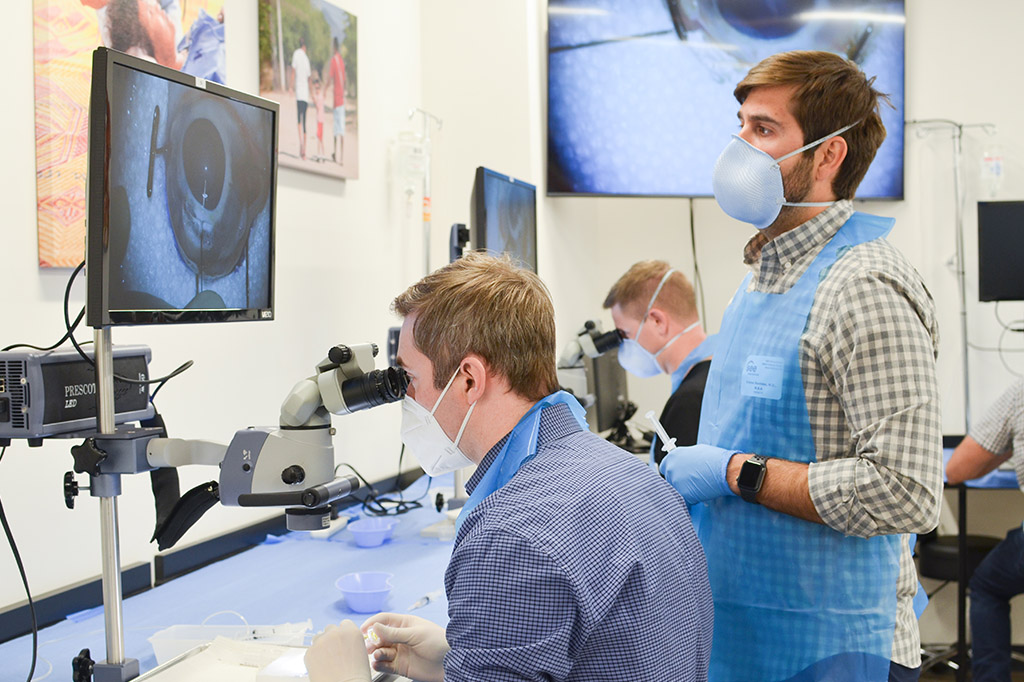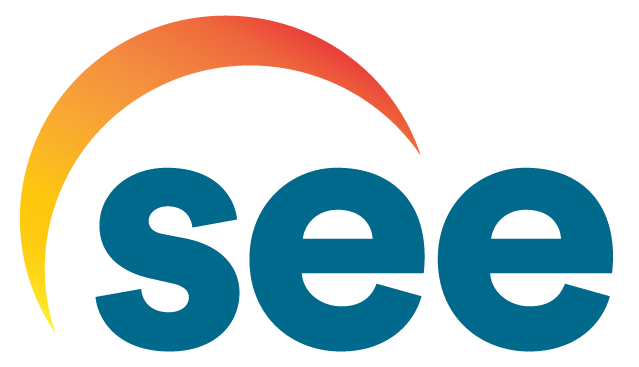Why Sight?
The Need
According to the International Agency for the Prevention of Blindness (IAPB), there are currently 1.1 billion people living with vision loss.
Unfortunately, 90% of these individuals are living with vision loss that is preventable or treatable.
The Impact
When a father or mother goes blind, they may no longer be able to work to provide for their families.
When anyone goes blind and cannot access the care they need, they may no longer be able to support themselves or live independently.
When a child goes blind, they may no longer be able to attend school to receive an education.
It is for these reasons, and for these people, that we do the work we do. To SEE International, sight is freedom. And it is our goal to ensure that no one is denied that freedom simply because they cannot access the care they need.
With the help of our partners and supporters, we strive to meet the overwhelming need for accessible eyecare all around the world.
There is nothing greater in the world than witnessing the happiness of a person who was once blind, as they regain their vision.
- Dr. Helena Ndume
How SEE Helps End Preventable Blindness
SEE International works to end preventable blindness across the globe in multiple ways. We take a comprehensive approach to address this issue, including direct action, education, advocacy, and a focus on sustainable systems in eyecare.
International Direct Action
The first step in reducing the harm caused by preventable and treatable blindness comes at the individual level.
Short-term, on-site clinics are the primary means by which we at SEE carry out our mission. At the invitation of our in-country partners, SEE teams work with doctors and health officials to provide care to thousands of individuals blinded by treatable eye conditions. Visiting teams volunteer their time and expertise and transport donated supplies to assist host ophthalmologists in countries where their services are most needed to relieve the burden of blindness.
Local Direct Action
SEE’s commitment to direct action is also reflected in the Santa Barbara area, where we have established clinics dedicated to delivering comprehensive eyecare at no cost to individuals that would otherwise not have access to it.
By providing sight-restoring surgeries and free, prescription eyeglasses to these patients, SEE can have a transformative impact on the community through the health and well-being of its members.
Sustainable Systems
While direct action is a significant means of alleviating the hardships caused by treatable blindness for individuals, it does not address the root cause of the issue. For that, SEE invests in systems-building initiatives. These are long-term projects that seek to reduce the impact of treatable and preventable blindness through the establishment and support of eyecare systems in regions where it is most needed. By focusing on the sustainability of these systems, we help to ensure increased access to eyecare in the long-term, independent of SEE’s support. These efforts are integral to SEE’s long-term vision of decreasing the effect and spread of preventable blindness.
As a part of these efforts, SEE places a high priority on educational programs, such as training doctors in Manual Small Incision Cataracts Surgery (MSICS). MSICS is a revolutionary surgical technique that removes advanced cataracts and restores sight without the need for expensive equipment or facilities.
With MSICS, low-income individuals afflicted with cataracts can receive the care they need. By training humanitarian doctors, particularly those in high-need regions, in cost-efficient, sight-restoring surgical techniques, SEE can increase access to eyecare around the world.

Get Our Monthly Updates
Connect With SEE
Learn More
Donate
(805) 380-7522
Mail donations to:
SEE International
PO Box 981263
W. Sacramento, CA 95798-1263
Home office address:
6500 Hollister, Suite 120
Goleta, CA 93117
Tax ID: #31-1682275


